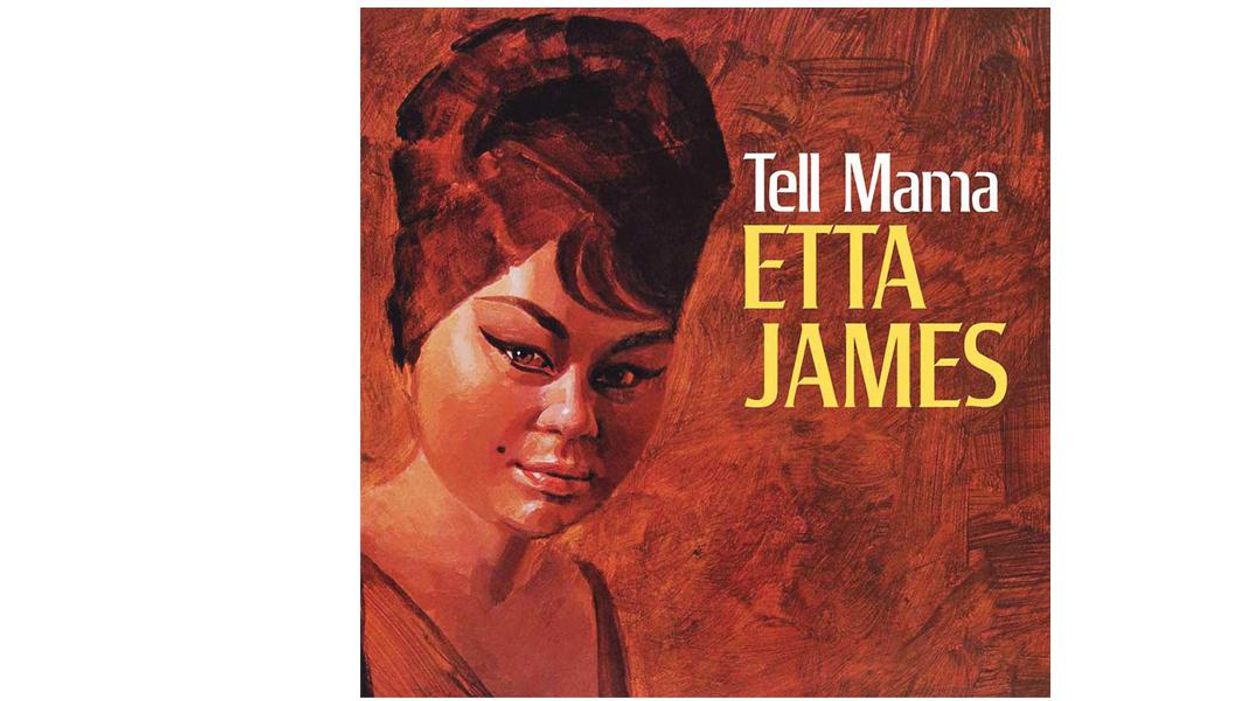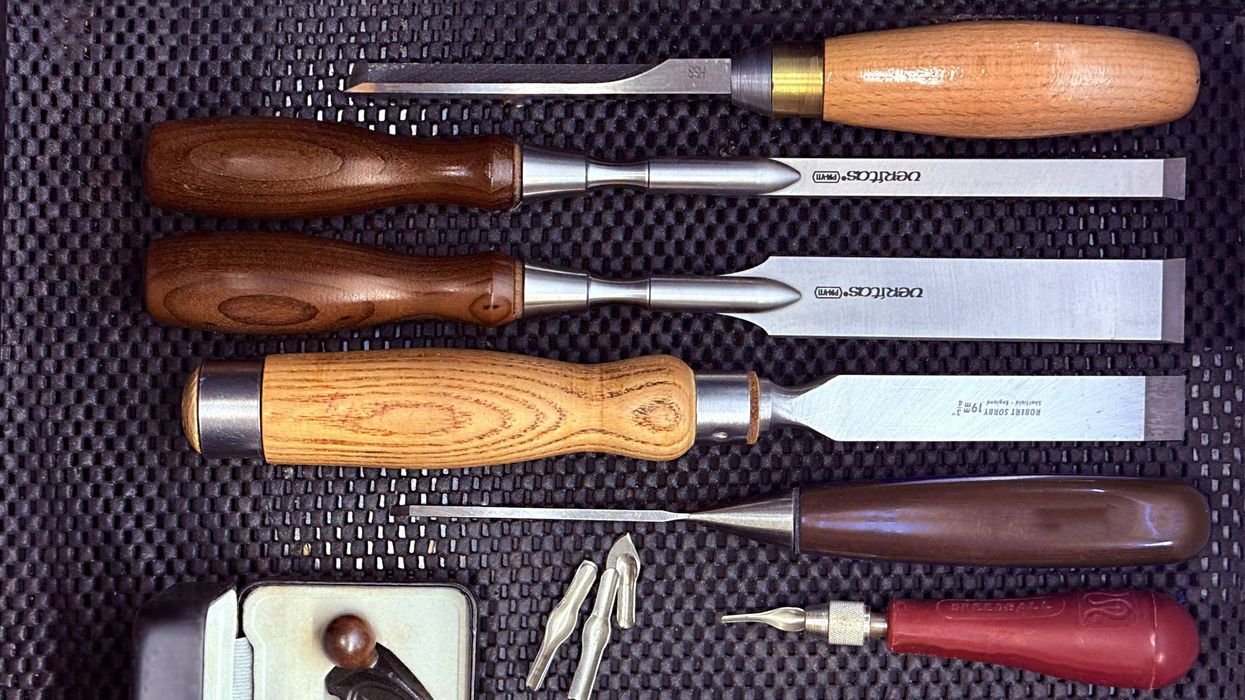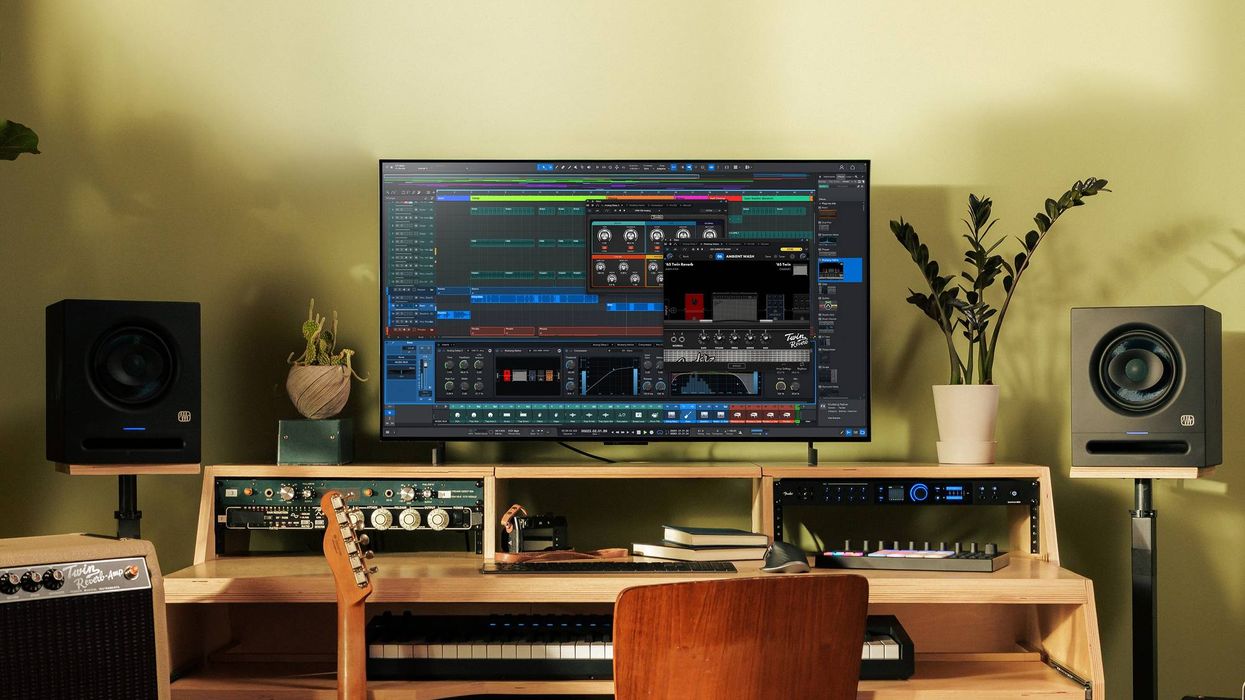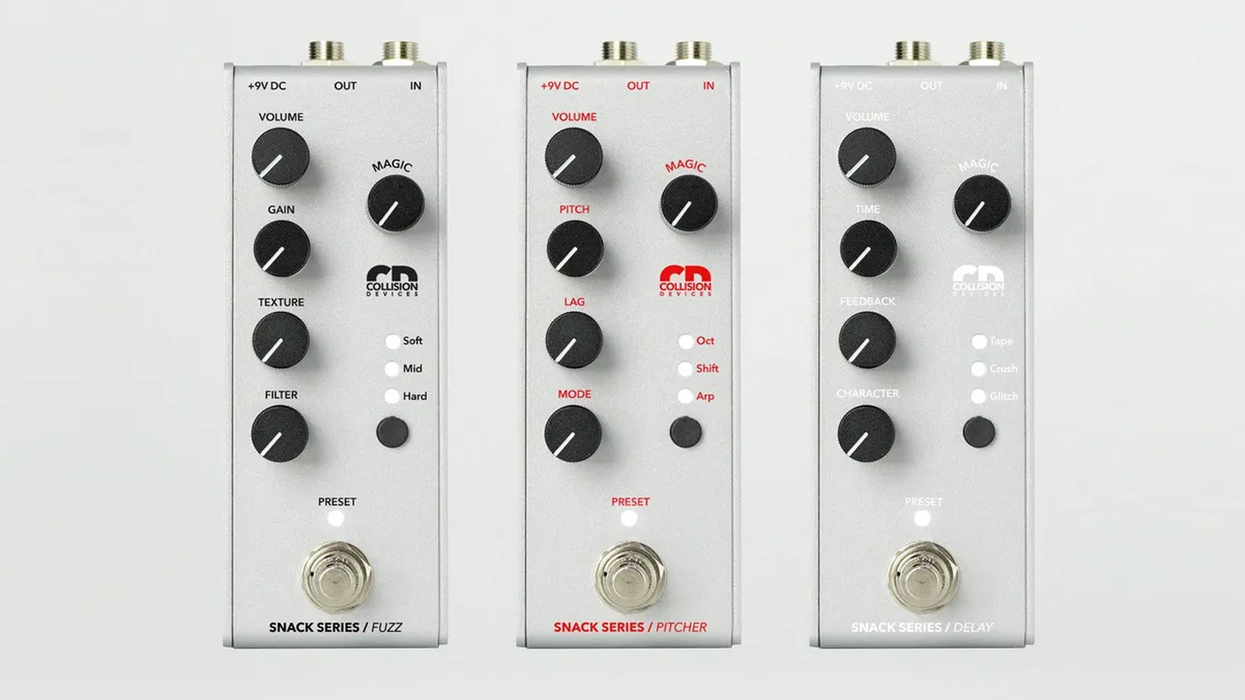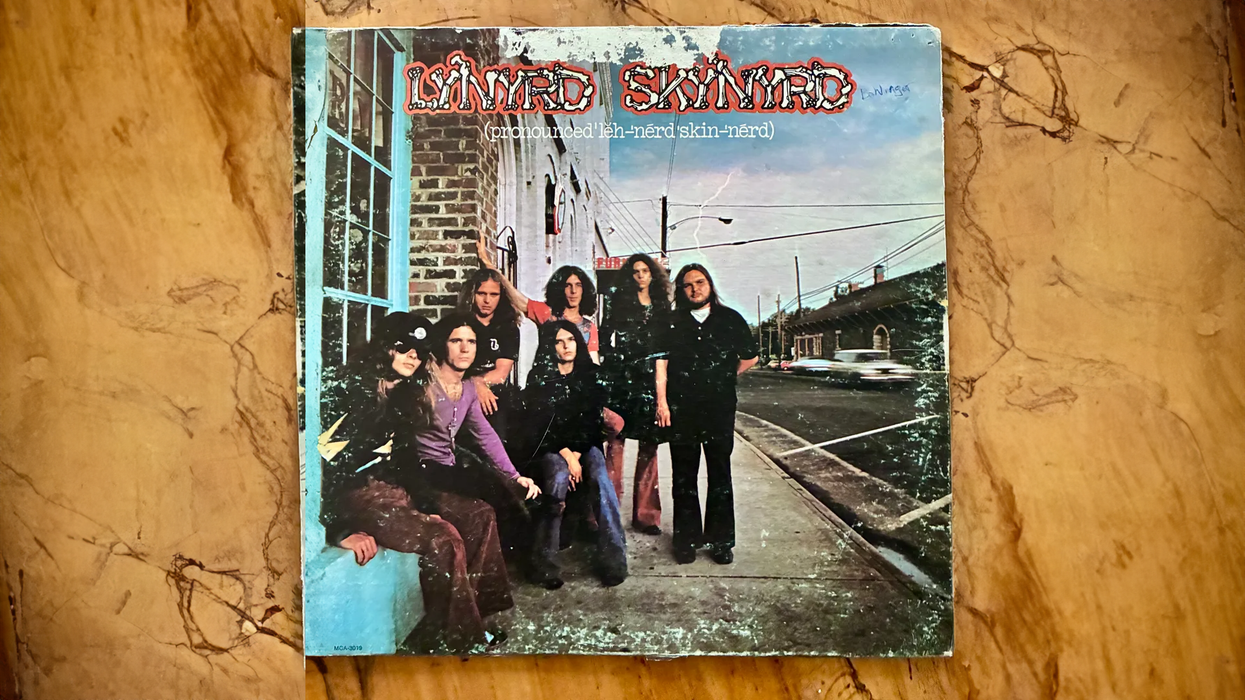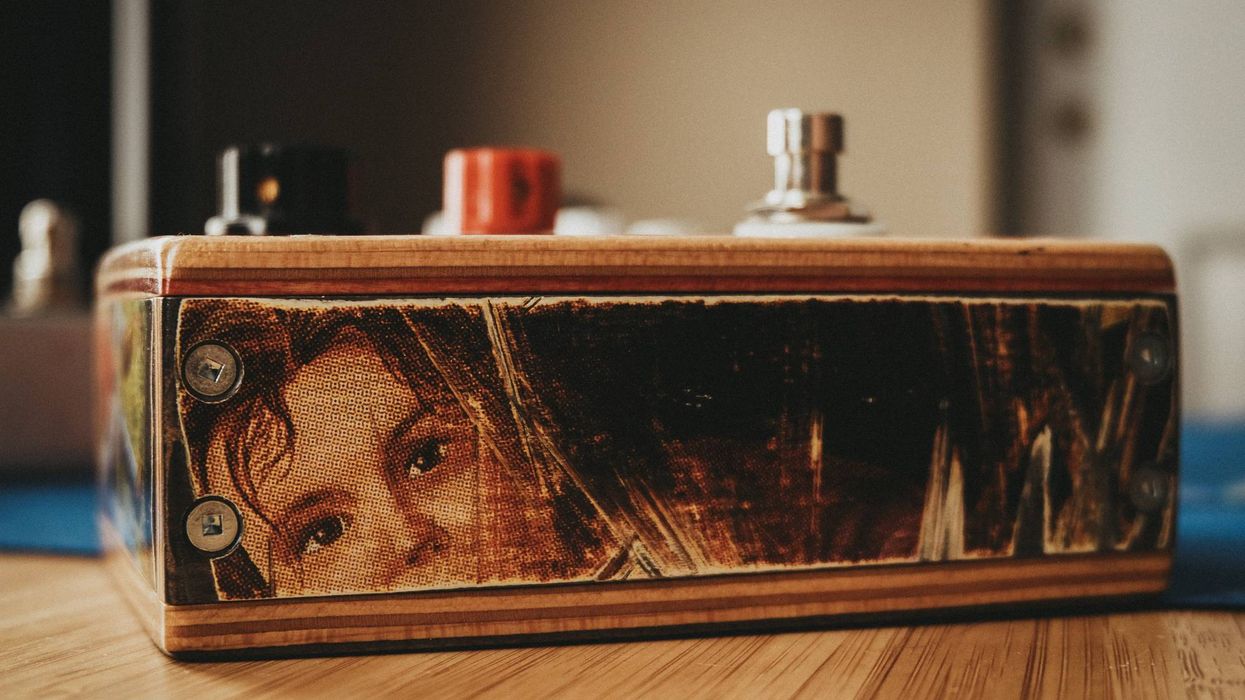During our country's last
recession, I was but a fresh-faced
kid, barely able to stretch
my wimpy little hands around a
G chord. I desperately wanted a
good guitar. Regrettably, a good
guitar was unattainably expensive,
so I wound up with cheap
foreign crap made of plywood
that sounded like fishing line tied
over a cardboard box. Today, our
country finds itself deep in financial
woes yet again, but unlike
the last recession, I have a job
and a little cash. And that means
I'm faring far better in this guitar
buyer's market.
The heavy competition
amongst guitar manufacturers
has generated enormous improvement
in the quality of low- and
moderately priced guitars, whether
imported or built in the US. It
used to be that a new, cheap guitar
sounded, well, cheap. In 1980,
$250 would not get you much of
a new guitar. Adjusted for inflation,
that's $672 in today's dollars—and you can definitely buy a
brand new, gig-ready axe for that
amount today.
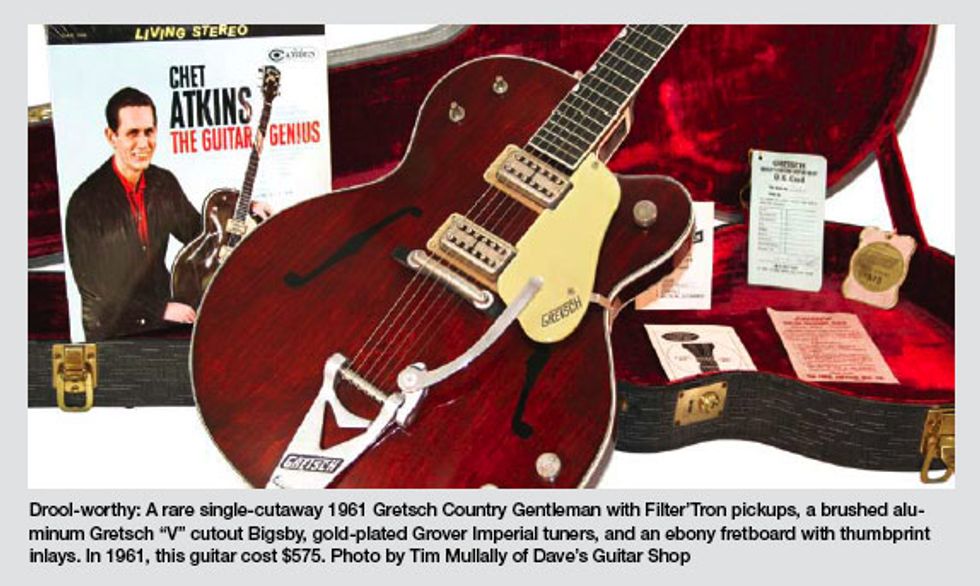
New, inexpensive guitars have
vastly improved over the past 30
years, which is all well and good,
but what's far more exciting is the
current vintage market. We may
be reaching a perfect storm for
buying classic American guitars.
Think of it a bit like the stock
market, only instead of blips on
your computer screen, it's a sexy
6-string in your hands.
In the December 2010 issue of
Esquire, Ken Kurson wrote:
The markets are about to
make a run similar to the
one we saw in the late 1990s.
It's not a leap in productivity
catalyzed by American ingenuity
. . . this time it's more
that we've so undermined our
currency and so dramatically
debt-leveraged our future that
assets priced in dollars have
nowhere to go but up.
Everything I've been fretting
over for the past two years—
inflation, the price of gold—is
good for many stocks. After
all, what is inflation? It means
that each dollar is worth less.
So it now costs 1300 of them
to buy the same ounce of gold
that was recently had for 650.
By the same token, the share
of GE that you could buy for
$14 in June will now cost you
$16. Is that because GE is a
better company whose future is
more promising today than in
June? Maybe. But another way
of saying it is that each dollar
is now worth only 1/16 share
of GE compared with 1/14
share in early summer.
In short, guitars aren't necessarily
worth more, just our dollars are
worth less. So you can hold onto
your cash and watch it go the way
of the peso or you can buy that
old Esquire you always wanted.
The other factor in the perfect
buying storm is that the vintage
guitar market has been wildly overpriced
for the past decade. Again,
like the stock market, the actual
value is far different than the inflated
sale price. Gruhn Guitars and
The Official Vintage Guitar Price
Guide can swear all day long that a
1957 goldtop is worth $150,000,
but try getting somebody to actually
pay that. Anybody who needs
to move a vintage instrument will
take what this cash-strapped world
is able to spend, and that might be
a fraction of what authorities and
experts estimate the instrument is
worth. Sure, any bozo with a two-comma
income can slap down the
platinum card and pay the inflated
price, but those kinds of crazy,
rich-guy purchases have all but
dried up. And this forces the real
price—our street price—down.
Strangely enough, I earned less
money last year than I've made in
about eight years, but I've bought
three guitars—which is more than
I've ever purchased in one year. I
searched Craigslist and eBay, sorted
through a ton of crap instruments
and delusional sellers (“I won't take
a nickel under $15k for this 1971
refinished Melody Maker"), and
managed to find a couple of great
deals. Surprisingly, I even found
a real bargain on an old-ish Les
Paul at Guitar Center in Nashville.
That's proof it's a buyer's market.
I'm not suggesting that buying
guitars is a fiscally responsible
retirement plan. It's better than
investing in commemorative
NASCAR plates, but it's probably
not going to take care of you in
your old age like stocks, gold, or
real estate. Over the past decade,
a lot of people who were investing
heavily in vintage guitars would
have been better off burying their
dough in Mason jars in their backyard.
Some folks lost a fortune.
But, if you love guitars—the
fact that you're reading this issue
of Premier Guitar means you
probably do—now is a great
time to get the one you've always
wanted or get back the one that
got away. But don't buy an old
Country Gentleman and hide it
in a vault. Twang on that thang—
that's the only way it's really worth
the money. It may not appreciate
in value, but you will appreciate it
more every time you plug it in.
a Nashville-based guitarist
who works primarily
in TV and has recorded
and toured with over 30
major-label artists. His songs
and playing can be heard
in major motion pictures, on major-label
releases, and in literally hundreds of television
drops. Visit him at youtube.com/user/johnbohlinger







